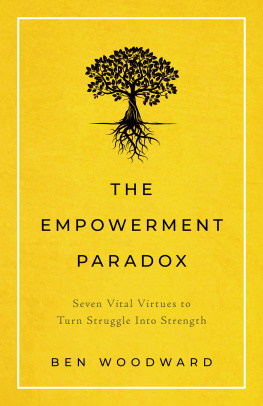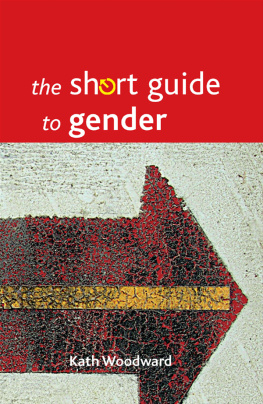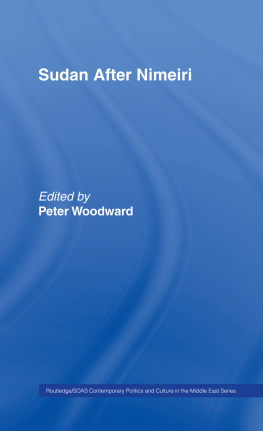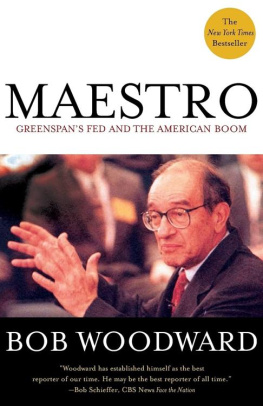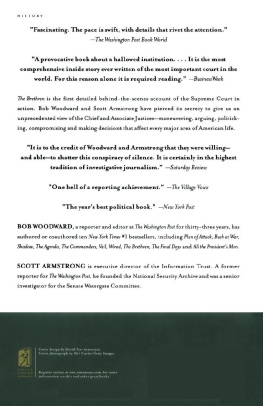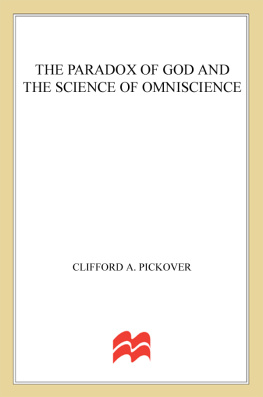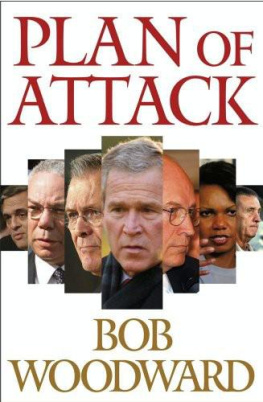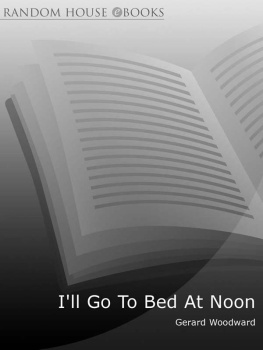Ben Woodward - The Empowerment Paradox
Here you can read online Ben Woodward - The Empowerment Paradox full text of the book (entire story) in english for free. Download pdf and epub, get meaning, cover and reviews about this ebook. year: 2020, publisher: BookBaby, genre: Home and family. Description of the work, (preface) as well as reviews are available. Best literature library LitArk.com created for fans of good reading and offers a wide selection of genres:
Romance novel
Science fiction
Adventure
Detective
Science
History
Home and family
Prose
Art
Politics
Computer
Non-fiction
Religion
Business
Children
Humor
Choose a favorite category and find really read worthwhile books. Enjoy immersion in the world of imagination, feel the emotions of the characters or learn something new for yourself, make an fascinating discovery.
- Book:The Empowerment Paradox
- Author:
- Publisher:BookBaby
- Genre:
- Year:2020
- Rating:3 / 5
- Favourites:Add to favourites
- Your mark:
- 60
- 1
- 2
- 3
- 4
- 5
The Empowerment Paradox: summary, description and annotation
We offer to read an annotation, description, summary or preface (depends on what the author of the book "The Empowerment Paradox" wrote himself). If you haven't found the necessary information about the book — write in the comments, we will try to find it.
The Empowerment Paradox — read online for free the complete book (whole text) full work
Below is the text of the book, divided by pages. System saving the place of the last page read, allows you to conveniently read the book "The Empowerment Paradox" online for free, without having to search again every time where you left off. Put a bookmark, and you can go to the page where you finished reading at any time.
Font size:
Interval:
Bookmark:

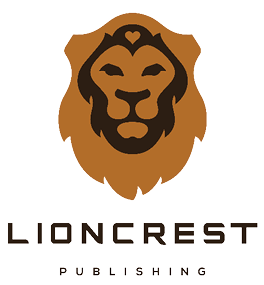
Copyright 2020 Ben Woodward
All rights reserved.
ISBN: 978-1-5445-0895-5
Dedicated to my wife Kim and our seven childrenEthan, Josh, Abbie, Sam, Toby, Noah, and Oliver.
I have a library filled with self - help books, many of which I acquired in the pursuit of greater strength, searching for increased understanding amidst my own personal struggles in life and the adversity it provided. There was a time when I desperately read through any guidance I could find, looking for anything that could bring meaning to the struggles I found myself dealing with.
Two recent books that found their way to my bookshelves seemed at first glance to contradict each other. One is The Art of Happiness , in which the Dalai Lama expresses the value of being happy and experiencing joy. The other is Jordan Petersons The Twelve Rules for Life, which explains that life is not so much about happiness at all, but more about developing our character in the face of suffering.
These authors are not the first to address the inherent contradictions in joy and suffering from their given perspectives. People have long pondered the paradox of which carries more weight in human experience and personal growthjoy or suffering. Should we pay more attention to one than the other?
While the Dalai Lama explains that the purpose of life is to seek happiness and Dr. Peterson teaches that our purpose is centered on how we develop in the face of adversitythey do not, in fact, contradict each other. Meaning can be found through the experience of both joy and suffering, which are not found in isolation from each other. Each are accurate views of the world because joy and suffering are two sides of the same coin.
Striving for joy is a worthwhile endeavor, but it does not come without struggle and adversity. The Dalai Lama knows this well, as he continues to live in exile from his Tibetan homeland. It seems apparent that meaning and purpose in life are, in fact, inseparable from joy and suffering. Each can be analyzed separately, but in order for life to be fully realized, they must be lived as one.
This interconnectivity of joy and suffering is one of many paradoxes of a fulfilling life, and one I have found exemplified by a friend of mine.
Andy Butterworth and I worked together for some years, during which his perspective on life intrigued me. He often walked with a cane and sometimes used a wheelchair due to injuries hed sustained. Those conditions were only one facet of a very full life, which included extensive military training, two tours of the Falklands, an eventual career in IT, and a very happy and fulfilled marriage.
His injury, ironically, came after his time in the military in an accidental fall that broke his back. The doctors repaired the extensive damage by fusing pieces of his spine, which made matters worse rather than better. He married in a full body cast and set off on his new life needing care and a significantly different approach to the daily tasks of living.
I asked him once how often he experienced pain.
Every day, he told me.
Are you in pain now?
Yes, he said, remaining just as calm and composed as ever.
When I inquired further, he told me that it felt like his feet and legs were on fire, and that this was his normal state of being. Sometimes it felt manageable, and other times it overwhelmed him. On those days, he often worked remotely from the relative comfort of his home.
Remarkably, he also told me this: I have come to appreciate that breaking my back was the second - best thing that ever happened to mesecond only to meeting and marrying my wife. What it has demanded of me has shaped me into a person I never would have become otherwise.
The crucible of affliction had polished out the rough edges of the young kid he had been upon entering the military so many years before. When I watched my dear friend, who I worked with every day, it was difficult to comprehend just how much he had to overcome on a daily basis. At the same time, knowing what I did about affliction and perseverance, I could relate to just how much personal growth can emerge from even the darkest spaces.
I dont call attention to my friends story to establish any kind of hierarchy of suffering. His story is remarkable not because of his degree of struggle, but because of his response to it.
Its important to realize that overwhelming struggle will not always lead to overwhelming victory. There is no guarantee attached to suffering. One person might discover similar strength of character through much less severe circumstances, while another might live with higher levels of chronic pain and feel completely buried and defeated by it. Still, another could feel buried under objectively lower levels of stress.
Its also an unfortunate reality that most people arent willing to change until the pain of the problem becomes greater than the pain of their solution. I dont believe we need to hit what addicts call rock bottom before we can turn around. Nor is there a point of no return in which suffering becomes so great that joy is pushed out of reach.
Sometimes we grow due to adverse circumstances of our own making. Other times we grow due to circumstances outside of our control. And some of us are able to grow by learning from the experiences of others.
In many instances, my wife falls in the latter category, and I envy that about her. I tend to self - inflict most of my lessons. Yet the fact remains that each of us will face some level of adversity in our lives. How we experience adversity will be unique to our personality traits, our state of learning and understanding, and our circumstances at the time. The way we grow or suffer through the challenges of life depends entirely on our perspective. In that way, each of us can aspire to the level of my friends excellent perspective and personal growth regardless of the life were presented with.
The paradox of empowerment is that it does not depend on our circumstances, though our circumstances directly affect the sense of strength and empowerment we attain. Life is marked by both joy and suffering, surrender and desire, knowledge and faith, and a grateful acceptance of the past encased within a patient and persistent eye on the future.
A wise CEO once said to me, One thing Ive learned about business is that youre always going into or coming out of a crisis. If youre smiling, I know whats around the corner for you.
Yet if were asked to envision a happier future, it is often one that is stress - free . We imagine an emotional homeostasis where we have acquired enough wealth to remove strain that requires personal growth, where our relationships are fulfilling and engaging, and our physical health is in top condition. We see ourselves with a perfect and enviable work - life balance, the personification of everything good.
This vision of happiness, however, removes stress and strain, when in fact, its those uncomfortable facets of reality that make happiness, fulfillment, and joy possible.
Font size:
Interval:
Bookmark:
Similar books «The Empowerment Paradox»
Look at similar books to The Empowerment Paradox. We have selected literature similar in name and meaning in the hope of providing readers with more options to find new, interesting, not yet read works.
Discussion, reviews of the book The Empowerment Paradox and just readers' own opinions. Leave your comments, write what you think about the work, its meaning or the main characters. Specify what exactly you liked and what you didn't like, and why you think so.

